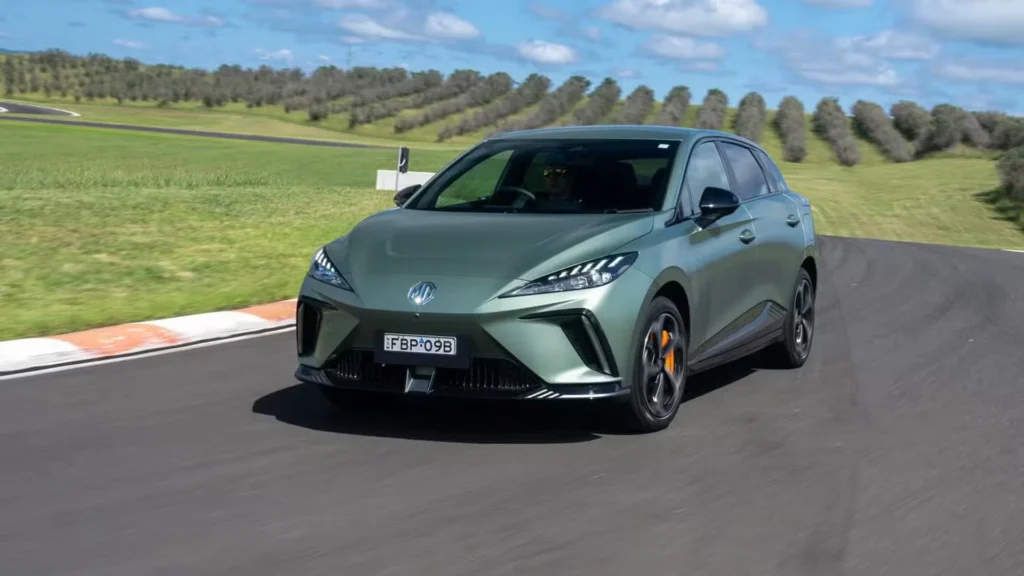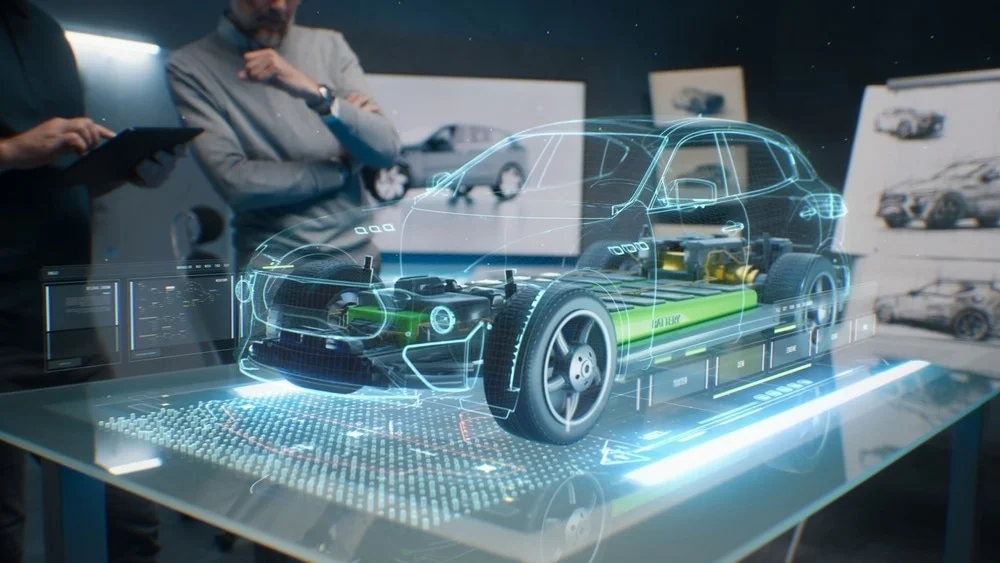Car manufacturing has long been associated with emissions, heavy industry, and environmental impact. But in 2025, that story is rapidly changing. Thanks to eco-friendly technology, automakers are transforming how cars are designed, built, and delivered—with sustainability at the core of innovation.
From green materials to zero-emission factories, the entire automotive supply chain is getting a much-needed eco-upgrade. Here’s how next-gen, environmentally conscious tech is reshaping the auto industry for good.
♻️ 1. Sustainable Materials Are Driving Innovation
Gone are the days when cars were built solely from metal, plastic, and rubber. Today, manufacturers are experimenting with recycled, plant-based, and biodegradable materials that reduce environmental harm without compromising quality.
Examples include:
- Recycled plastics: From ocean waste to used water bottles, these are repurposed into interior panels and trims.
- Hemp and flax fibers: Strong, lightweight alternatives to carbon fiber for door panels and dashboards.
- Eco-leather: Plant-based or recycled synthetic materials that mimic real leather without the environmental cost.
BMW, Ford, and Polestar are leading the charge in integrating sustainable materials into their interiors and body components.
⚡ 2. Clean Energy in Factories
Building a car used to generate a lot of carbon emissions—but not anymore. Eco-conscious manufacturers are shifting to renewable energy sources like solar, wind, and hydroelectric power to operate their production facilities.
Key shifts:
- Tesla’s Gigafactories run primarily on solar power
- Volkswagen’s Zwickau Plant operates on 100% renewable electricity
- Toyota is using hydrogen fuel cells in certain factory processes
This clean energy shift helps reduce each car’s total lifecycle emissions, starting from the assembly line.
🏭 3. Smarter Manufacturing with Less Waste
With the help of AI, robotics, and IoT, carmakers are now able to optimize resources, reduce errors, and cut down on waste throughout the manufacturing process.
Smart eco-tech innovations:
- Predictive maintenance: Minimizes machinery breakdowns and energy waste
- 3D printing: Reduces scrap by printing only the necessary parts
- Water recycling systems: Reuse water in painting and cleaning processes
This not only reduces a factory’s carbon footprint but also makes production faster and more cost-effective.
🚗 4. Electric and Hybrid Vehicles Built from the Ground Up

It’s not just about building electric cars—it’s about building them sustainably. Brands are designing EVs with eco-efficiency in mind, right from the factory floor.
Design trends include:
- Battery recycling programs to reclaim rare earth elements
- Modular construction for easy upgrades and repairs
- Lighter materials to improve energy efficiency
Many EV manufacturers, like Lucid Motors and Rivian, are also committing to carbon-neutral production goals within the next decade.
🌍 5. Circular Economy in the Auto Industry
The shift toward a circular economy—where products are reused, repaired, or recycled—is gaining momentum in automotive manufacturing.
Some strategies:
- Remanufacturing engines and transmissions from older vehicles
- Buy-back programs for parts and electronics
- End-of-life vehicle recycling to salvage usable materials
This approach extends the life of car components and dramatically reduces waste that would otherwise end up in landfills.
📦 6. Green Logistics and Transportation
Even the way cars are transported is becoming more sustainable. Companies are using:
- Electric freight trucks
- Rail transport instead of cargo ships
- Eco-friendly packaging for parts
And with the help of logistics AI, shipping routes are now optimized for lower emissions and faster delivery.
🌱 Final Thoughts: A Greener Road Ahead
Eco-friendly technology is doing more than making cars cleaner on the road—it’s reshaping the entire way they’re built. From renewable-powered factories to green materials and smart manufacturing, the automotive world is heading into a future that’s not just high-tech, but also high-impact—in the best way possible.
As sustainability becomes a selling point and global regulations tighten, expect even greater innovation and greener practices to emerge across the industry.
Thinking of buying a green car?
Look beyond the EV label and consider how it was made. An eco-friendly ride starts long before you hit the accelerator.

